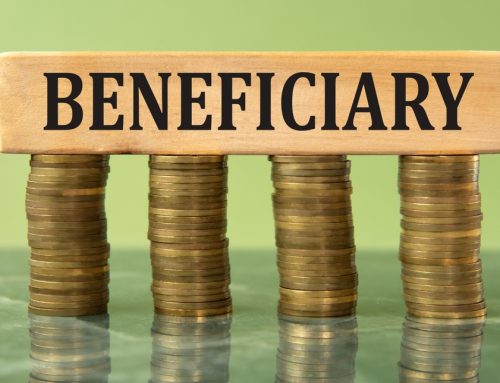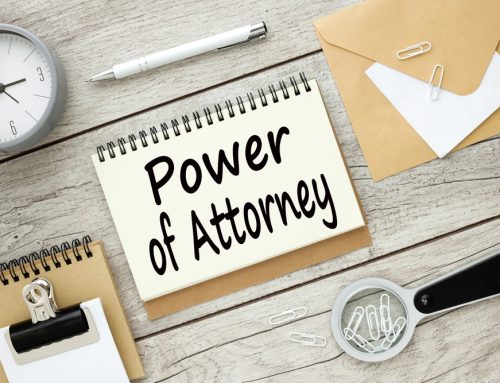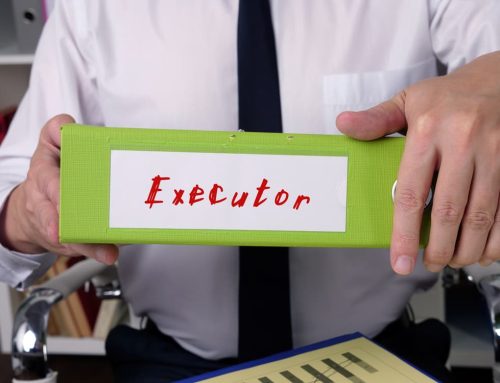Do I Need an Attorney for Probate in Florida?
Do I Need an Attorney for Probate in Florida?

Handling probate in Florida can be complex and overwhelming, especially during a difficult time following the loss of a loved one. Many people wonder, “Do I need an attorney for probate?”
An experienced probate attorney understands Florida’s probate laws and procedures, helping to avoid costly mistakes, reduce delays, and protect your rights.
Whether your estate is straightforward or complicated, having legal guidance ensures the process runs smoothly and that your family’s interests are safeguarded.
Key Takeaways Regarding Florida Probate
- Many estates need to go through the probate process before the assets can be retitled and transferred to the beneficiaries
- Probate can be an opaque and difficult process that can cause stress for a family during a difficult time
- Never try to handle probate on your own because of the potential for mistakes and litigation that can drag out the probate process
- An experienced probate lawyer can take much of the pressure on your family by handling all of the details of your case. Seek legal help from a probate attorney today, so you do not have to go it alone.
What Is Probate?

During probate, the court appoints a personal representative or executor to manage the estate. This person is responsible for gathering assets, paying outstanding bills, notifying creditors, and filing necessary tax returns. The court oversees these actions to ensure fairness and legal compliance.
Probate can be a lengthy and costly process, often lasting several months to over a year, depending on the complexity of the estate and any disputes among heirs. Because probate is public, details of the estate become part of the public record, which may raise privacy concerns.
Many people use estate planning tools like trusts to avoid or minimize probate, making the transfer of assets faster, more private, and less expensive. Consulting an experienced estate planning lawyer can help you understand probate and create strategies to simplify the process for your loved ones.
Potential Difficulties in the Probate Process
The probate process can present several challenges that may complicate and prolong the administration of an estate. One common difficulty is disputes among heirs or beneficiaries, leading to costly and time-consuming litigation. Conflicts may arise over the validity of the will, asset distribution, or the actions of the executor.
Another issue is the complexity of the estate, especially when it includes multiple properties, business interests, or debts. Accurately identifying and valuing assets can be difficult, delaying the process. Creditors may also file claims against the estate, requiring careful review and potential negotiation.
Probate can be lengthy, sometimes taking months or even years, creating financial strain for beneficiaries awaiting their inheritance. Additionally, probate is a public process, so sensitive family and financial information becomes accessible to the public, raising privacy concerns.
Why You Should Not Try to Go Through Probate Alone
Navigating the probate process without professional help can be overwhelming and risky. Probate involves complex legal procedures, strict deadlines, and detailed paperwork that, if not handled correctly, can lead to delays or costly mistakes. Without experience, it’s easy to overlook important steps like properly notifying creditors, filing accurate tax returns, or valuing assets, which can result in legal complications or personal liability.
Additionally, probate often involves managing disputes among heirs or addressing creditor claims, situations that require careful negotiation and legal experience. Mismanaging these issues can harm relationships or reduce the estate’s value.
Because probate is a court-supervised process, even small errors can result in additional court intervention or rejection of filings. An experienced probate attorney helps ensure all legal requirements are met efficiently, protects your rights, and guides you through difficult decisions, giving you peace of mind during a stressful time. Attempting probate alone can create more problems than it solves. Professional assistance is invaluable.
How Can a Probate Attorney Help You?

The Estate Plan Top Rated Lawyer Peter Dyson
A probate attorney plays a vital role in guiding you through the often complicated and stressful probate process. From start to finish, an experienced attorney ensures that all legal requirements are properly met, helping to avoid delays and costly mistakes. They assist in validating the will, identifying and valuing assets, and managing creditor claims to protect the estate’s value.
Probate attorneys handle the preparation and filing of necessary court documents, ensuring deadlines are met and procedures followed correctly. They also provide valuable advice on tax matters related to the estate, helping to minimize potential tax burdens.
A Probate Attorney Is Standing By
If disputes arise among heirs or challenges to the will occur, a probate lawyer represents your interests in negotiations or court proceedings, helping to resolve conflicts efficiently. Moreover, attorneys can advise on alternatives to probate or strategies to simplify the process, such as trusts or small estate procedures.
Frequently Asked Questions
Does My Family Have to Go Through the Probate Process?
Not all estates require probate. Assets with a named beneficiary, such as life insurance policies and retirement accounts, or property owned jointly with rights of survivorship, pass directly to the new owner without court involvement. Florida law also provides for simplified procedures for smaller estates.
An attorney evaluates the decedent’s assets to determine which, if any, must go through probate.
Can a Probate Lawyer Help My Family Avoid Litigation?
A probate lawyer acts as a buffer between beneficiaries, creditors, and the personal representative.
By managing communications, enforcing the legal rights of the estate, and providing objective legal guidance, your lawyer de-escalates conflicts that might otherwise turn into litigation.
How Is a Probate Attorney Paid for Their Services?
Probate attorneys may charge by the hour, or they can seek a flat fee, or a percentage of the assets involved in probate.
What is the difference between Summary Administration and Formal Administration in Florida?
In Florida, Summary Administration is a simplified probate proceeding for estates valued at $75,000 or less (excluding exempt property like the homestead), or where the decedent has been deceased for more than two years.
Formal Administration is the standard probate process for larger, more complex estates and involves appointing a personal representative to manage the estate under court supervision.
What happens when a person dies without a will in Florida?
When someone dies without a will, they die intestate.
Florida’s intestacy laws dictate how their assets are distributed. The law provides a strict hierarchy, typically prioritizing the surviving spouse and children first, followed by other relatives like parents and siblings.
The court will appoint a personal representative to oversee the distribution according to this legal formula.
What is a Personal Representative?
A Personal Representative (sometimes called an executor in other states) is the person or institution appointed by the court to administer a decedent’s estate.
This individual has a fiduciary duty to act in the best interests of the estate and its beneficiaries. Their responsibilities include gathering and protecting assets, paying the decedent’s debts and taxes, and distributing the remaining property to the rightful heirs.
Have questions about how to get started on your estate plan or estate needs?
Have questions about how to get started
on your estate plan or estate needs?
Contact the experienced estate planning professionals at The Estate Plan
by calling us at (305) 677-8489.
Contact the experienced estate planning professionals at The Estate Plan by calling us at
(305) 677-8489.

















